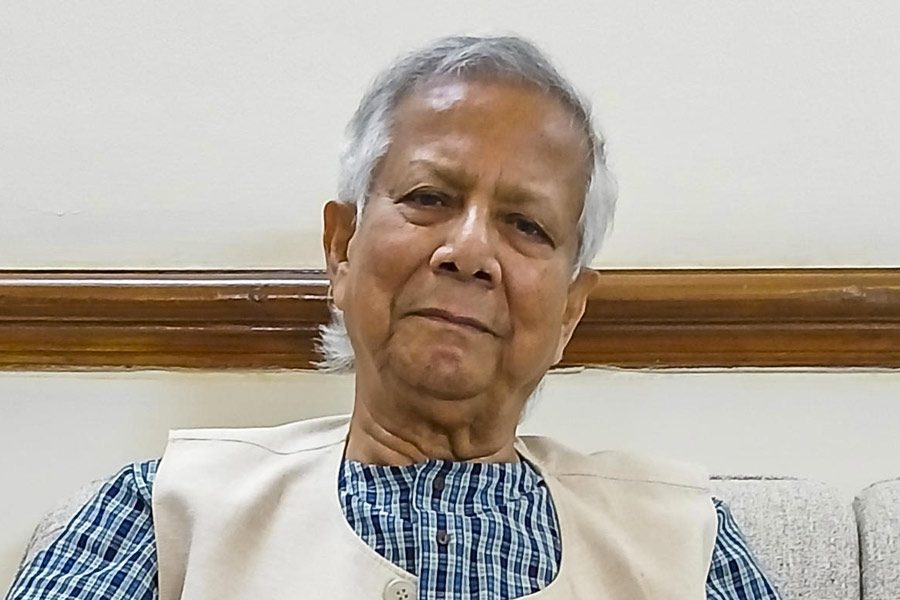For the first time since it gained independence 53 years ago, Bangladesh last week allowed a ship sailing from Pakistan to dock at its port. This marked the first direct maritime link between two countries bound by a history of bloodshed and deep mistrust. The cargo ship, which carried food items and raw material for some of Bangladesh’s most vital industries like garment manufacturing, sailed from Karachi to Chittagong. Previously, ships from Pakistan had to stop over in another country before journeying to Bangladesh. The establishment of this maritime corridor is only the latest in a series of shifts in Bangladesh’s approach towards Pakistan under the interim government led by the Nobel laureate, Muhammad Yunus, in Dhaka. Mr Yunus had met the Pakistani prime minister, Shehbaz Sharif, in New York on the margins of the United Nations General Assembly in September and stated that he wanted to improve ties between the nations. Since then, Bangladesh has lifted previously steep import restrictions on Pakistani goods. Pakistan is also in the process of supplying 40,000 rounds of ammunition, RDX, projectiles and other military hardware to Bangladesh.
All of this is a matter of concern for India. Over 15 years of Sheikh Hasina Wazed’s rule in Bangladesh, Dhaka and New Delhi had developed a close understanding of each other’s core interests. A shared distrust for Pakistan was an important glue in their ties. But India has not forgotten that before Ms Wazed’s tenure, shared anti-India sentiments had led to collaboration between Pakistan and sections of Bangladesh’s political and military elite. Following the overthrowing of Ms Wazed’s government, the risk of that history repeating itself is real. Two factors in particular make this a dangerous time for India-Bangladesh relations. First, anti-India sentiments in Bangladesh are at their highest in decades, with New Delhi widely seen as having propped up Ms Wazed when her government increasingly turned away from democracy. That India continues to offer her shelter does not help. Equally, the rise in influence of Islamist political forces like the Jamaat-e-Islami in Bangladesh threatens to offer social legitimacy to those who view Pakistan as a potential ally in challenging India. All of this could also spark security concerns for India: Pakistani arms and ammunition have, in the past, reached rebels in India’s Northeast through Bangladesh. Many in New Delhi had thought India had a chance to rebuild warm ties with Bangladesh under Mr Yunus. Has that ship sailed?










